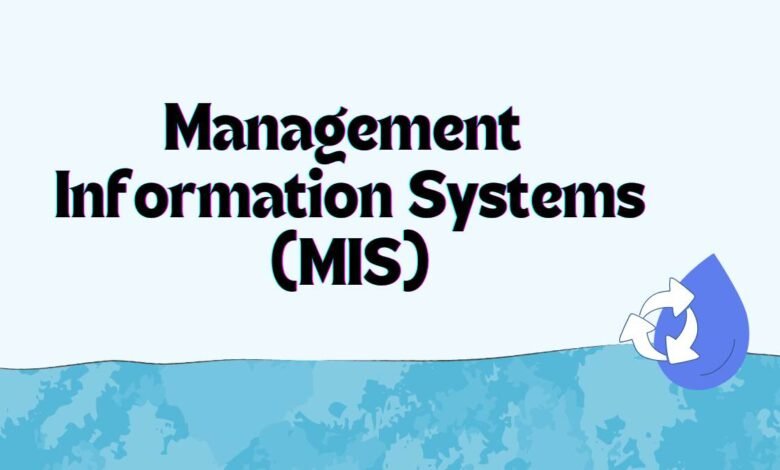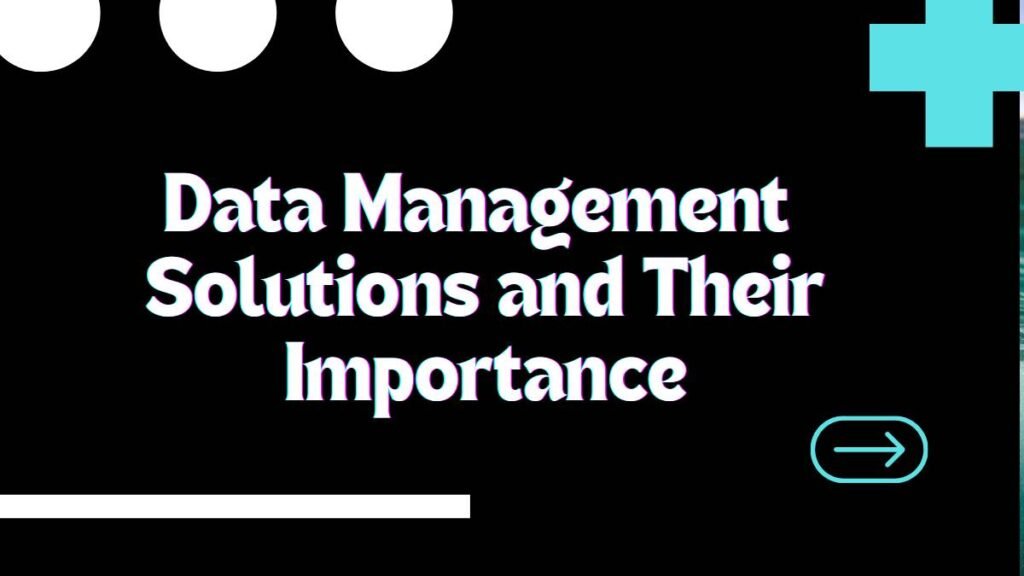Management Information Systems (MIS): Ultimate Comprehensive Guide

Management information systems (MIS) play a vital role in the functioning of modern businesses. They integrate technology, people, and business processes to provide companies with the necessary information to make strategic decisions. These systems collect, process, store, and distribute data, which helps organizations in decision-making, streamlining operations, and achieving a competitive advantage. As businesses rely more heavily on data and technology to function, the need for effective MIS becomes more apparent. In this article, we’ll explore the core components of MIS and their importance, focusing on related concepts like Business Information Systems, Data Management Solutions, Enterprise Resource Planning (ERP), Decision Support Systems (DSS), and Information Technology Management.
What is a Management Information System (MIS)?
A Management Information System (MIS) is a computer-based system that provides managers with the tools and information needed to organize, evaluate, and efficiently manage departments within an organization. MIS combines hardware, software, databases, and procedures to provide managers with relevant and timely information for decision-making. MIS is not just about technology; it also encompasses people and business processes. The system gathers data from various departments, analyzes it, and presents it in a way that facilitates informed decision-making. For instance, a company may use MIS to track inventory levels, monitor sales performance, or forecast future trends based on historical data.
The Role of Business Information Systems in MIS
Business Information Systems (BIS) are a crucial part of MIS. They refer to the integrated systems that support business activities by collecting, processing, and managing data. These systems help businesses automate tasks, streamline processes, and improve communication across departments. In the context of MIS, business information systems include tools like databases, reporting software, and customer relationship management (CRM) systems. These systems enable companies to keep track of customer interactions, employee productivity, and financial performance, which are key to making informed decisions. By leveraging BIS, businesses can ensure that the information needed for management decisions is accurate, up-to-date, and easily accessible.
Must Visit: Digitzo
Data Management Solutions and Their Importance

Effective Data Management Solutions are at the heart of a successful MIS. As businesses generate vast amounts of data every day, the ability to store, retrieve, and analyze this information becomes crucial. Data management solutions encompass the processes and technologies used to organize, store, and maintain the data within an organization. Data management in MIS ensures that decision-makers have access to clean, structured, and relevant data. This data can include everything from financial reports and customer information to supply chain logistics and employee performance records. Solutions like cloud storage, data warehousing, and advanced analytics tools allow organizations to handle large volumes of data efficiently and securely. Proper data management also improves data security, ensuring that sensitive information is protected from unauthorized access or breaches.
Enterprise Resource Planning (ERP) in MIS
Enterprise Resource Planning (ERP) systems are a specific type of business information system designed to integrate various functions within an organization, such as accounting, human resources, sales, and supply chain management. ERP systems play a crucial role in the overall effectiveness of an MIS by offering a centralized platform that enables different departments to share and access data seamlessly. ERP systems eliminate the need for standalone systems in different departments, creating a unified system that enhances communication and data sharing across the organization. This integration reduces redundancies, improves efficiency, and ensures that managers have access to real-time data for decision-making. This capability enables the business to operate more smoothly and respond quickly to changes in demand or supply chain disruptions.
Decision Support Systems (DSS) in MIS
Decision Support Systems (DSS) are a subset of MIS that focus on assisting managers in making decisions. These systems use data, statistical models, and analytical tools to provide insights that support decision-making processes. DSS is especially useful for tackling complex decisions that require a detailed analysis of data from various sources. DSS operates by analyzing large sets of data and presenting the results in a way that helps managers make informed choices. These systems can identify trends, forecast outcomes, and assess risks, which is invaluable when making strategic decisions such as entering a new market or launching a new product. In addition to providing valuable insights, DSS enhances the speed and quality of decision-making by reducing the time spent analyzing data
Information Technology Management in MIS
Information Technology Management refers to the process of overseeing all IT resources in a company to ensure they align with the organization’s needs. In the context of MIS, IT management involves managing the hardware, software, and network infrastructure that make up the system. The goal of IT management is to ensure that the organization’s technology resources are used effectively and securely. IT managers are responsible for maintaining the company’s IT infrastructure, ensuring system reliability, and implementing new technologies that support business objectives. They also play a crucial role in cybersecurity, protecting the organization’s data from external threats.
The Impact of MIS on Modern Business
The integration of Management Information Systems into a company’s operations provides numerous benefits that can enhance overall performance. Here are some of the key impacts of MIS on modern businesses:
Improved Decision Making
With access to accurate and timely data, managers can make informed decisions that positively impact the company’s bottom line. MIS tools like DSS and ERP systems ensure that managers have the information they need to make strategic choices.
Increased Efficiency
By automating routine tasks and integrating various business functions, MIS helps reduce redundancies and errors, thereby improving operational efficiency. ERP systems are particularly effective in ensuring smooth workflows across departments.
Enhanced Communication

This improves collaboration between departments and ensures that everyone is on the same page.
Competitive Advantage
Companies that use MIS effectively can gain a competitive edge by making faster, data-driven decisions. In industries where agility is key, having real-time access to critical business information can be the difference between success and failure.
Conclusion
Management Information Systems (MIS) are an indispensable tool for modern businesses. By integrating technology, people, and processes, MIS enables organizations to make informed decisions, improve efficiency, and maintain a competitive edge. Key components like Business Information Systems, Data Management Solutions, Enterprise Resource Planning (ERP) systems, Decision Support Systems (DSS), and Information Technology Management play pivotal roles in the effectiveness of MIS. As companies continue to rely on data and technology to drive growth, the importance of implementing and maintaining a robust MIS will only increase.
Read More: Amazon Keyword Rank Tracker



